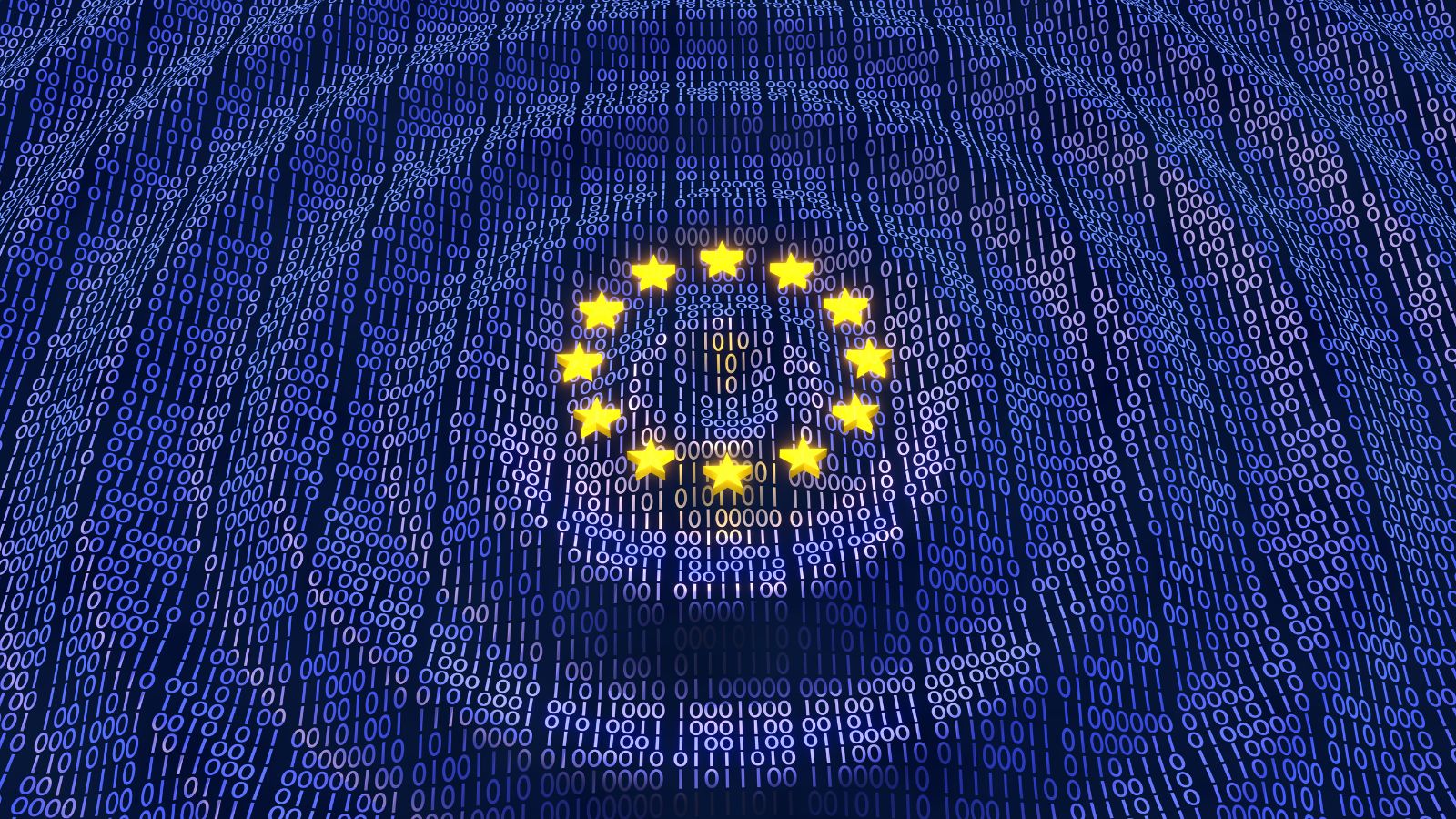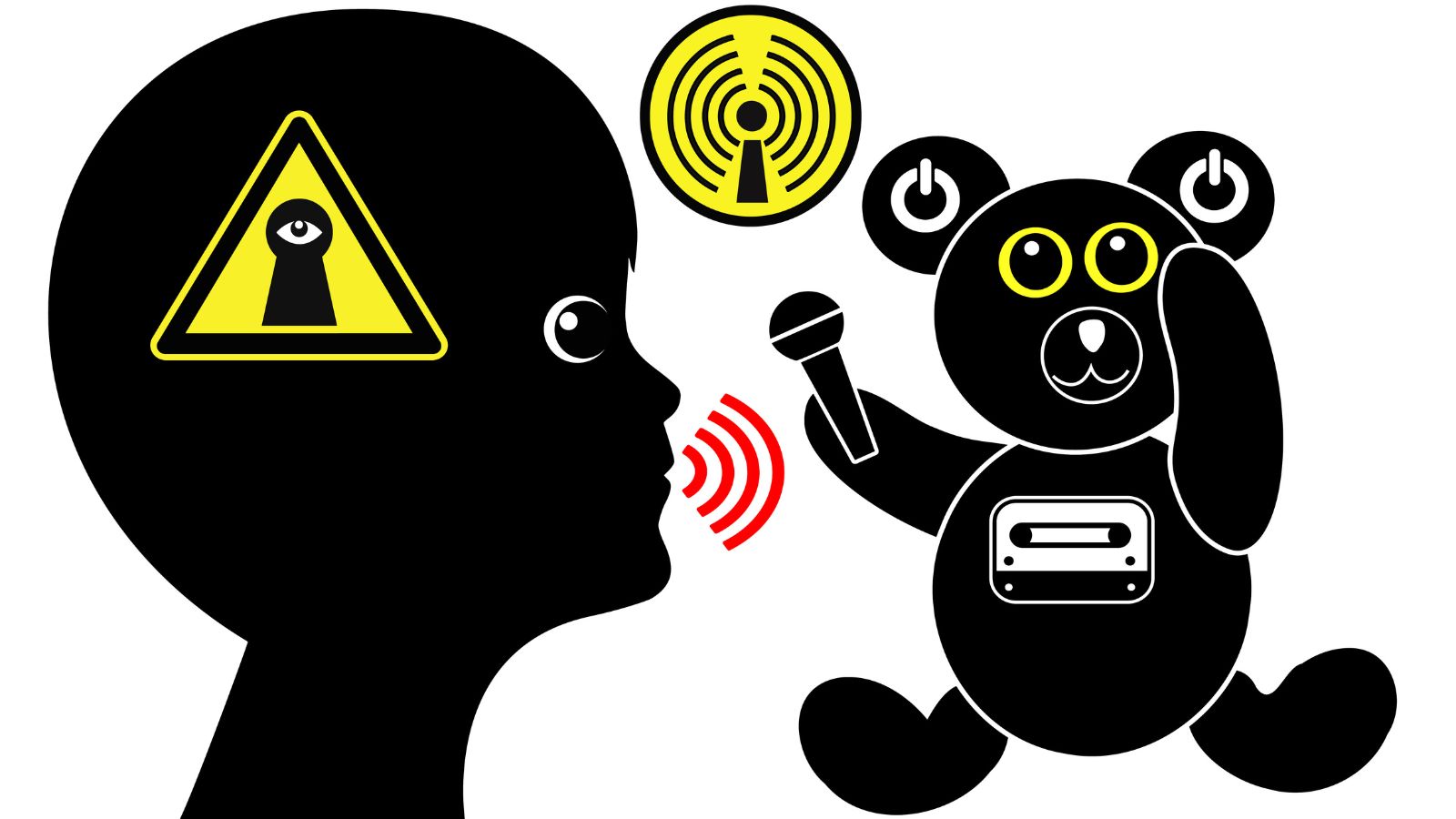In today’s digitally connected world, the privacy landscape is evolving rapidly, particularly as concerns around family and child data protection grow. New laws emerging in 2024 signal a shift towards stricter data control and transparency, addressing family privacy across various domains— from smart home devices and school data to social media and health apps. This article will look into 17 groundbreaking new privacy laws affecting family life, emphasizing why they matter and what families should know to safeguard their personal information.
Digital Consent for Minors Act

The Digital Consent for Minors Act underscores the importance of parental oversight in digital spaces frequented by children. This law requires parental consent for any platform or app that collects data from minors, impacting everything from online games to educational software. The legislation highlights the importance of digital safety for children, addressing parents’ growing concerns over data collection practices.
Right to Erase Digital Footprints

Privacy laws are moving beyond mere data storage to give individuals more control over their online presence. The Right to Erase Digital Footprints allows families to request the removal of personal data, including social media information, from the internet. Whether it’s removing old social media profiles or sharing family photos without consent, this right empowers individuals to manage their digital identities better and guard against unwanted exposure.
AI Surveillance Transparency Act

The increasing use of AI-powered surveillance systems in public places is a pressing concern for privacy advocates. The AI Surveillance Transparency Act mandates that companies and institutions disclose such technologies, especially where children and families frequent, such as shopping centers, parks, and schools. By requiring transparency, this law seeks to reassure families about how their data might be collected and used when they are in public spaces.
Home Smart Device Privacy Standards

As homes become “smarter,” with devices like cameras, voice assistants, and sensors, concerns about privacy in the home environment rise. The Home Smart Device Privacy Standards law establishes stricter regulations on these devices, limiting how manufacturers can collect, store, and share data gathered from household gadgets. This law means companies will be held accountable for protecting family data collected by in-home devices and safeguarding personal conversations and activities from misuse.
Biometric Data Protection Laws

Smartphones, schools, and even amusement parks are increasingly using biometric technology, from facial recognition to fingerprinting. The new Biometric Data Protection Laws prohibit the unauthorized collection and storage of biometric data, particularly that of minors. This law is critical for families, as it prevents third parties from tracking physical and biometric information without explicit consent, ensuring such sensitive data remains secure.
Family Location Data Shield

Location tracking by apps and devices is a double-edged sword, offering convenience but potentially compromising privacy. The Family Location Data Shield law limits apps’ ability to store and share location data for family members, especially children. By restricting location tracking, this regulation aims to prevent unwanted monitoring, giving parents more control over where and how their family’s location data is shared.
Genetic Privacy Expansion Act

The Genetic Privacy Expansion Act strengthens privacy for families using genetic testing services. While these services offer valuable health insights, they also expose sensitive genetic information. This law prohibits companies from sharing genetic data with third parties without explicit, informed consent, thereby securing family health and DNA data from external exploitation.
Child Safety Algorithms in Social Media

With children increasingly using social media, the Child Safety Algorithms in Social Media law requires platforms to implement AI systems that detect and prevent harmful behaviors, such as predatory actions or inappropriate content sharing. This law is an essential safeguard, especially for teenagers, helping ensure social media platforms prioritize young users’ safety over engagement metrics.
Digital School Privacy Act

The Digital School Privacy Act gives parents more control over how schools handle student data. This law restricts schools’ ability to share and store personal information without parental permission. From online assignments to educational apps, this regulation ensures that student data remains confidential, offering parents peace of mind about their children’s online educational experience.
Parental Control Over Digital Ad Targeting

Targeted advertising has often raised concerns among parents, especially when it involves minors. The Parental Control Over Digital Ad Targeting law allows parents to opt out of personalized ads aimed at children. This shift in policy limits marketers’ reach into the lives of young users, reducing the risk of children being exposed to inappropriate or overly consumerist content.
Mandatory Disclosure of Data Breaches Involving Minors

With cyber threats rising, the Mandatory Disclosure of Data Breaches Involving Minors law holds companies accountable for promptly informing parents if a data breach affects a child’s data. This law highlights the growing need for transparency in security practices and offers parents a heads-up to take action if a security breach compromises their family’s data.
Facial Recognition Ban in Public Schools

The Facial Recognition Ban in Public Schools law prohibits the use of facial recognition technology in school settings to protect students’ privacy. This regulation prevents unauthorized tracking and monitoring of children, allowing them to attend school without the fear of being constantly surveilled. It represents a critical boundary between security and privacy in educational environments.
Health Data Sharing Restrictions

Family health data is sensitive and highly personal. The Health Data Sharing Restrictions law limits how telehealth and wearable devices share family health information with third parties. By tightening control over health data, this law helps families manage how their private medical information is handled, reinforcing trust in digital health platforms.
Enhanced Data Portability Rights

With the Enhanced Data Portability Rights law, families now have the ability to transfer personal data between platforms seamlessly. This law facilitates switching service providers without risking data misuse or loss, empowering families to move to safer or more privacy-friendly options while retaining control over their personal information.
Limitations on Eavesdropping Features in Toys

Many toys today come equipped with microphones and internet connections, raising privacy concerns. The Limitations on Eavesdropping Features in Toys law prohibits the collection of audio data from toys without explicit user consent. This law ensures that toys used by younger children, like dolls and interactive games, do not inadvertently gather data, protecting children from unwanted surveillance.
Cloud Storage Privacy Standards for Families

Families often use cloud storage to secure personal photos, videos, and documents, but data breaches in the cloud can pose serious risks. The Cloud Storage Privacy Standards for Families law enforces stricter security requirements for family cloud storage accounts to protect personal memories and sensitive documents from unauthorized access or sharing.
Restriction on Smart Meter Data Sharing

As smart meters become more common in households, concerns about data sharing with third parties have grown. The Restriction on Smart Meter Data Sharing law limits utility companies from distributing family energy usage data to advertisers or other external entities. This law helps families maintain privacy within their homes by restricting access and ensuring that utility data is not exploited for commercial gain.
Conclusion

Introducing these new laws in 2024 marks a critical turning point in the quest for family data protection. With technology rapidly evolving, legislators are working to keep pace with the increasing complexity of privacy concerns. From enforcing consent requirements and protecting biometric data to restricting how health and location information is shared, each of these regulations reflects a commitment to safeguarding not only individual privacy but the well-being and security of families. While these measures offer promising strides toward improved privacy, staying informed and proactive remains essential.
18 Reasons Why People Are Leaving Florida in Masses

Exploring factors that impact the desirability of living in Florida, this list delves into various challenges shaping residents’ experiences. From environmental concerns like rising sea levels to economic factors such as fluctuating job markets, these issues collectively contribute to a nuanced understanding of the state’s appeal.
18 Reasons Why People Are Leaving Florida in Masses
